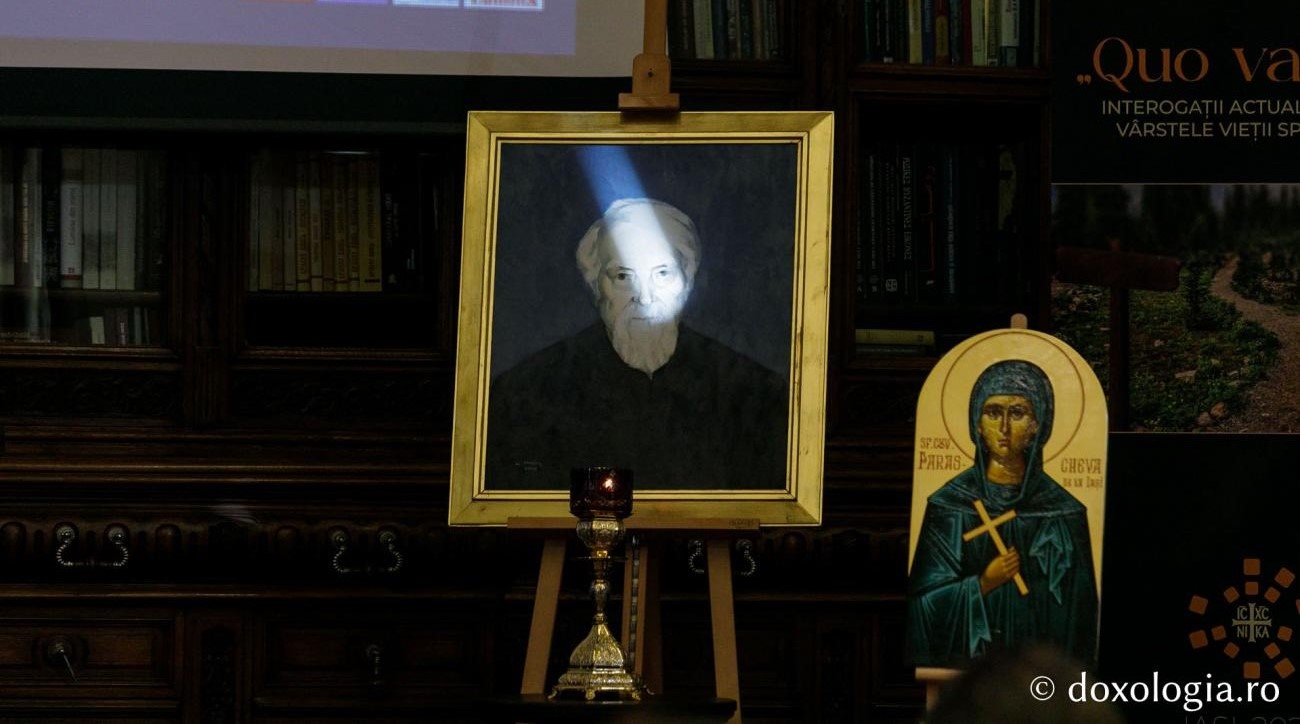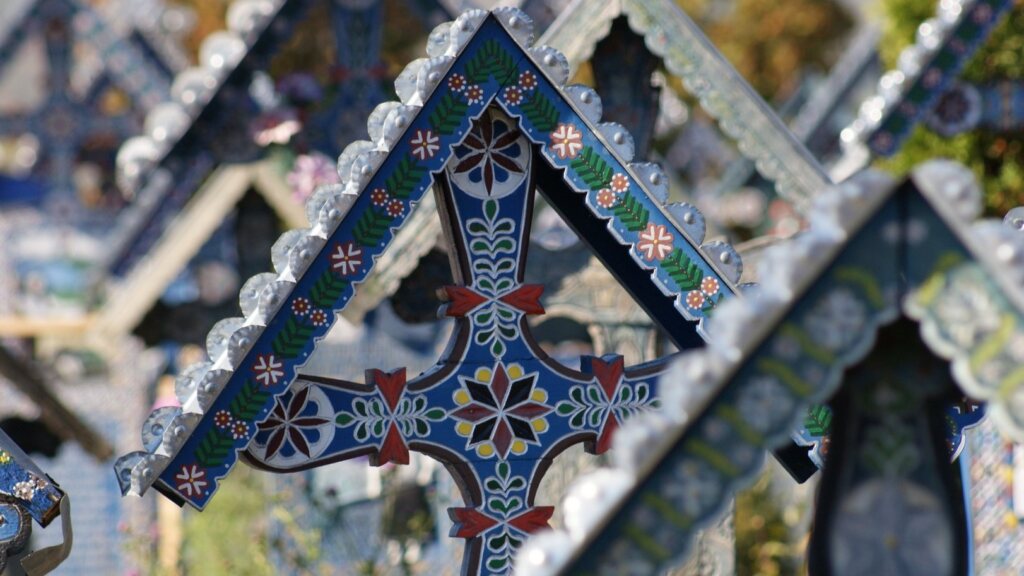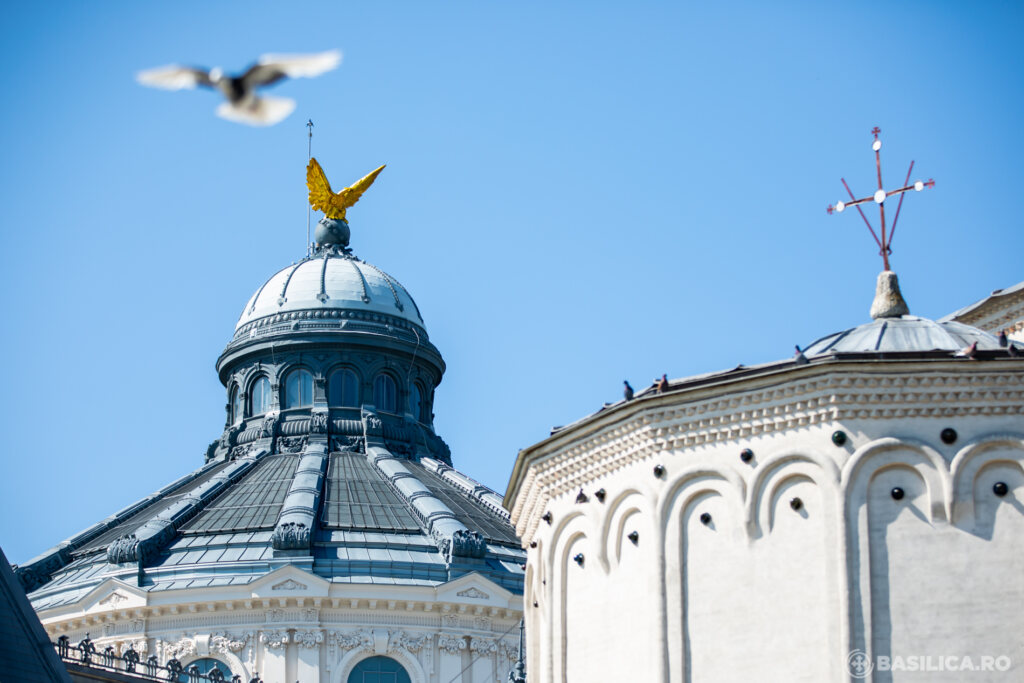Thirty years ago, on the night of October 4 to 5, Father Dumitru Stăniloae reposed in the Lord. The famous Romanian theologian is on the path to sainthood because he lived a virtuous life and endured torment for professing his faith during the atheistic communist regime.
Priest Dumitru Stăniloae and several confessors will most likely be proclaimed Saints in 2025 when the Romanian Orthodox Church marks 140 years of autocephaly and 100 years since obtaining the status of patriarchate.
Biographical milestones
Dumitru Stăniloae was born on November 16, 1903, in Vlădeni, Braşov county, and became a prominent personality of Orthodoxy, being a professor of theology, dogmatist, philosopher, historian, journalist and translator.
He attended the “Andrei Şaguna” confessional humanist high school. In 1922, he received a scholarship at the University of Chernivtsi. The degree in Theology was obtained under the guidance of Prof. Vasile Loichiţă, with a thesis on the Baptism of children. He also received a scholarship for graduate studies in Athens.
In 1928, he defended his doctoral thesis in Chernivtsi with the title “Life and Works of Patriarch Dositheus of Jerusalem and his connections with the Romanian Principalities” under the guidance of Prof. V. Loichiţă.
In January 1929, he went to study in Berlin with Hans Lietzmann and Reinhold Seeberg as professors. Then, he went to Paris and Belgrade for studies in Byzantinology and Dogmatics and documentation on the original work of Saint Gregory Palamas.
Upon returning to the country, he was employed as a substitute professor at the fundamental Theology department of the “Andreiana” Theological Academy, where he taught for 17 years.
On October 5, 1930, he married Maria (Mihu); two years later, he was ordained a priest, and a year later, on October 8, his daughter, Lidia, was born.
In June 1936, he was appointed rector of the Theological Academy in Sibiu, a position he held until 1946.
In 1946, the first volume of the Romanian translation of the Philokalia was published in Sibiu, and in the same year, he was transferred to the Faculty of Theology of the University of Bucharest, following Nichifor Crainic to the chair of ascetic and mystical theology.
In 1950, he participated in the meetings of the Burning Bush hesychast movement, of which he was not part, but where he lectured several times.
In 1958, a new wave of arrests began in Romania, and on September 4, he was arrested and later taken to Aiud prison. He was released five years later in January and worked as a clerk at the Library of the Holy Synod.
He became a corresponding member of the Romanian Academy in 1990 and a full member in 1991. He received honorary titles from several universities in the world. He reposed in the Lord on October 5, 1993. He is buried at Cernica Monastery, near Bucharest.
Photography courtesy of Doxologia / Fr. Silviu Cluci
Follow us on Twitter: @BasilicaNews






